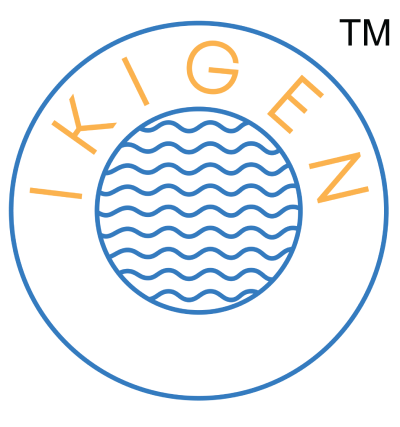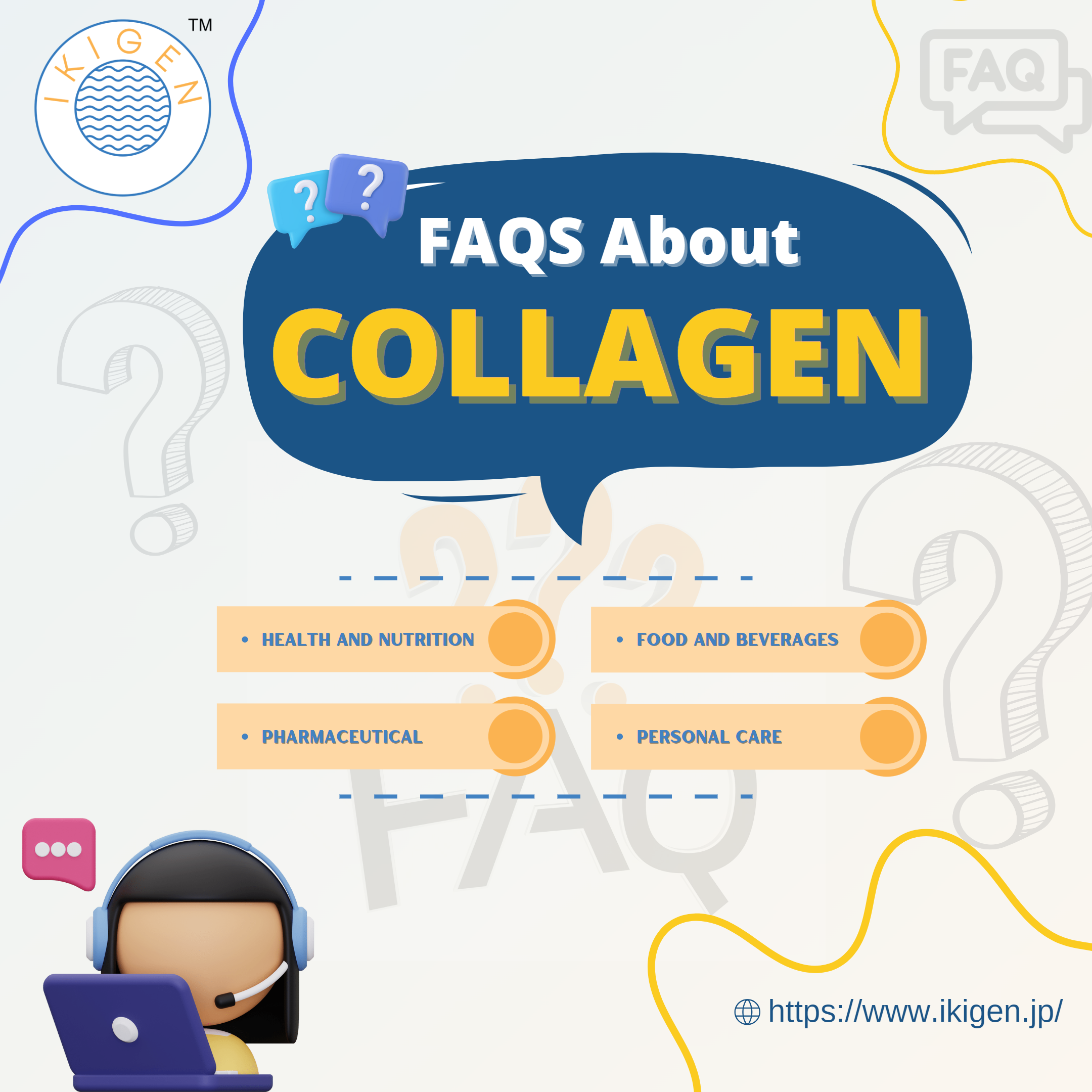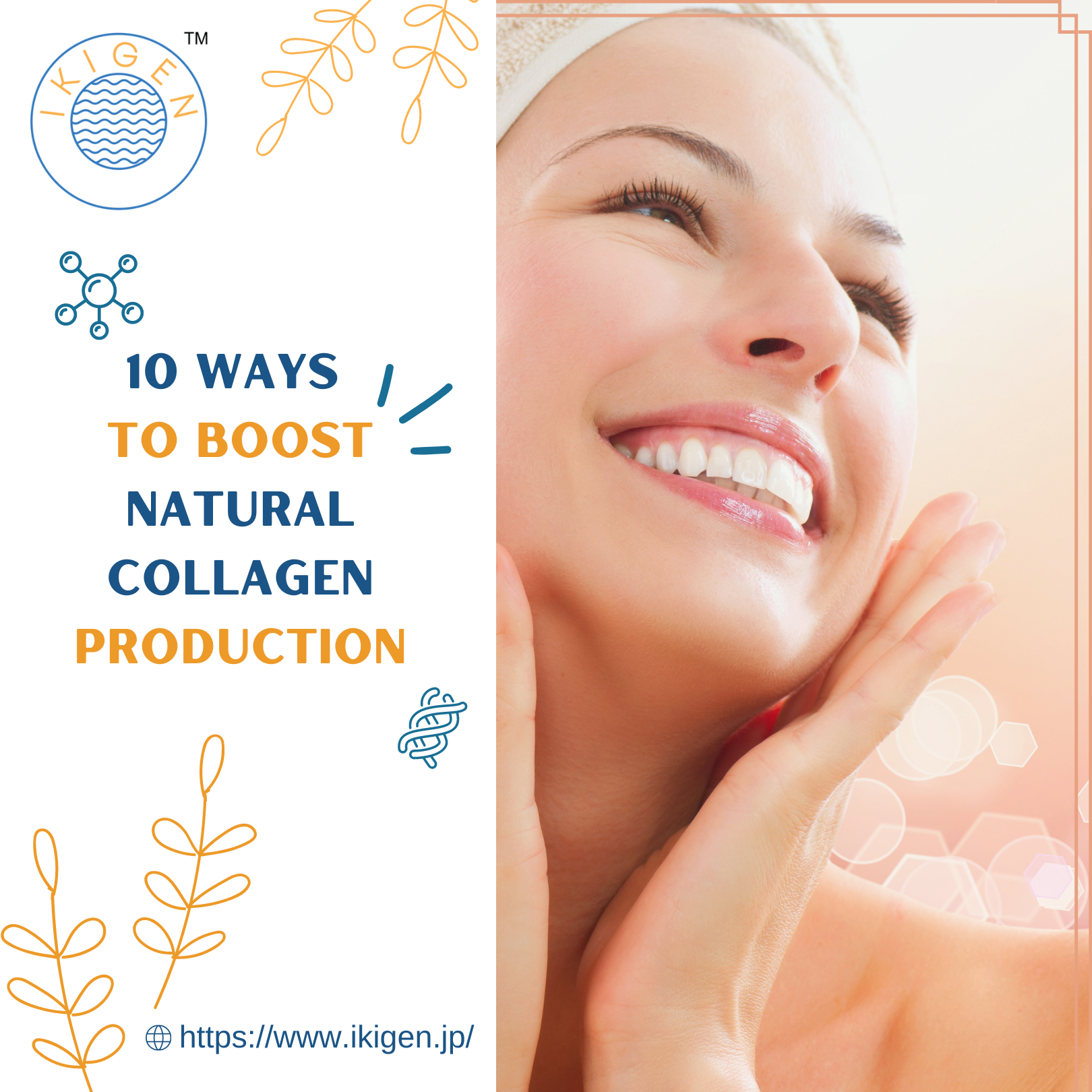Nowadays the famous buzzing word “collagen”, is often related to beautiful skin, and anti-ageing but many people aren’t aware of what exactly collagen is and its benefits.
Today let’s help you to get a better idea of what collagen is and how it adds value to our well-being.
Collagen is found throughout the body and is the most abundant protein in the human body and is as diverse as it is multifunctional, making up 30 per cent of your body tissue and 70 % of your skin tissue. It is often referred to as the glue of the body.
Collagen has numerous structural properties but also plays a vital role in the repair of almost all the body’s tissues. Some diseases are directly linked to lacking this essential protein. Depending on which part of the body it is located, collagen serves different purposes.
Health Benefits of Collagen
There are many health benefits of collagen far beyond just looking better. Collagen does the following.
- Improves and strengthens your hair, skin, teeth, and nails
- Helps repair leaky gut
- Reduces or prevents joint pain and acts as an anti-inflammatory
- Increase metabolism and muscle mass
- Provides better quality sleep
- Help supports your liver and detox system.
What causes a deficiency of collagen in our body?
- Normal ageing- It is estimated that after the age of 30, collagen production could decrease by 1% a year, so by age 50, the body could lose 20% of its capacity to produce collagen.
- Injury- In specific areas of the body such as muscles and joints, when the body sustains an injury, it utilizes its resources to heal the injury. If the body is already lacking in collagen, it can further exacerbate the deficiency.
- Lifestyle ageing- Sun damage, smoking, drugs, alcohol, processed foods, sickness, and more can have a drastic negative effect on the body’s ability to produce collagen.
There are a few myths that you cannot restore your body’s own collagen, but the truth is we can replenish our collagen levels by intake of dietary supplements and active ingredients found in creams and lotions and by having laser and other similar types of skin treatments
So, how can we add collagen to our lifestyle?
Eating collagen-rich foods or supplements that boost and replenish collagen production may also help create the building blocks (amino acids).
Why is collagen necessary to our body?
Collagen supplements can help make your bones denser, slowing the ageing process that makes them brittle and helping your body to produce new bone. Oral collagen supplements have been shown to improve skin hydration and elasticity for older people. They might also help to lessen wrinkles. Your body uses protein to build and repair tissues, to make enzymes, hormones, and other body chemicals
What are the sources of collagen supplements?
The basic sources of collagen are
- Bovine-from cow/beef,
- Marine-fish skin, scales, and bones
- Porcine-pig
What is meant by Hydrolyzed Marine Collagen?
Hydrolyzed marine collagen means the protein has been broken down into individual amino acids which are easier for the body to absorb. Collagen serves to help repair tissue and also functions in various roles throughout the body
Are collagen supplements safe?
Collagen supplements have been safely used for many years with no evidence of negative side effects. Since collagen is basically just protein, there’s no reason to think it would be harmful to the body, as long as the supplements come from a reputable brand with good manufacturing practices and standards. Check the label to make sure there aren’t any added ingredients you don’t want. Some collagen supplements and powders are flavoured and sweetened, some include additional health ingredients such as vitamins, minerals, probiotics, or herbs, and some will have artificial additives or unwanted fillers.
How does collagen help pets and animals?
Collagen also plays an important role in the food for cats, and dogs, and feed for cattle. they too need all the love, care, and nutrition to carry on their day-to-day activities and to add that sparkle to our lives.
- Delays the signs of ageing in your pets and boosts health
- Maintains good joint health and promotes mobility
- Gives a lustrous shiny coat and healthy skin thus
- They shed less hair and are less itchy
- Repairs and soothes their gut lining
- Improves their digestive health
Hope you enjoyed reading the blog and it answered your questions. Although if you have more questions about Marine Collagen, its benefits, consumption, etc. comment down below and we will answer them. Until then stay tuned!


